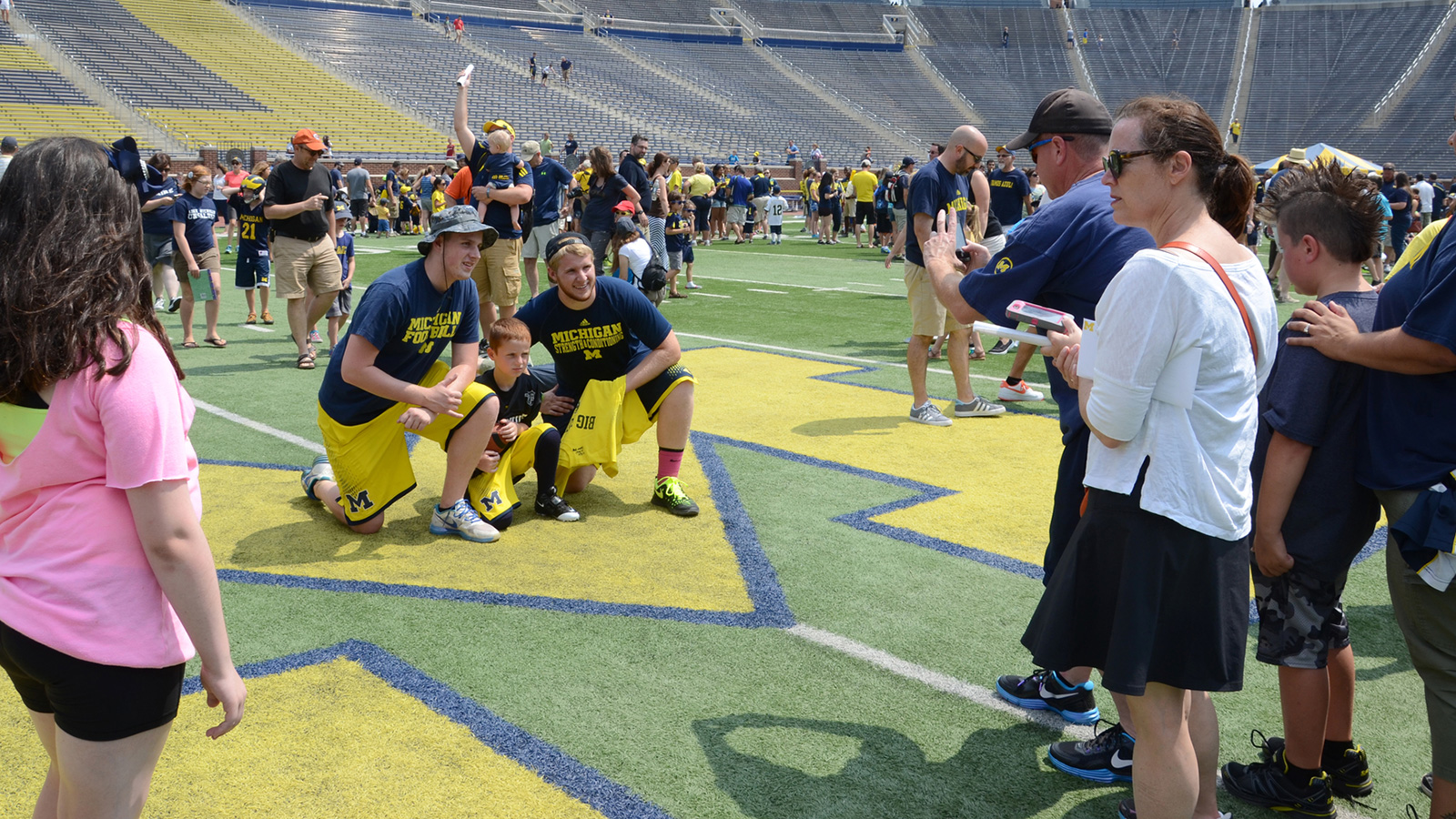So, why would anyone want to provide quality work?
To start with, each time you work hard, each time you conduct quality research, you benefit from it. By studying new areas and topics you expand your knowledge and broaden your horizon. In essence, the better the quality, the more positive effects it brings you. If you work hard, you get:
- higher chances of admission to your college of choice
- more areas of competence, which sooner or later translates into a higher pay
- a big boost to your intellectual capabilities
Basically, quality = your own personal professional development. BIG TIME.
Personal development benefits are evident, but what about other things? Is there anything else out there?
Yes, there is, and the whole lot of it. Now, let's take a deeper look into the matter. Recently we conducted a survey among our customers to find out their needs, fears, and desires. It turns out that for many, if not most, customers, our services are a helping hand. Perhaps you also know that life throws down lots of challenges to us. Just think of the following:
- An ill family member
- An unexpected shift in the working schedule (many college students have a part-time job)
- Trivial but nonetheless sad things such as traffic jams or sudden flu
Those are the things that bother all of us. Indeed, sometimes our customers get into a difficult life situation. It’s not that they don’t want to do something themselves, it’s just that they often cannot do it due to time constraints or difficult life situations. Some of our clients are working moms trying to balance everything on their plate – family, work, studies. We are the last resort for them, and they do count on us.
College education takes several years to complete, so, as one might expect, our customers are likely to need our assistance more than once. Many of them come to us again. You might have already received an order from a returned customer. Just think about it: in most cases it is because you worked hard and provided a quality work.
We all have our talents and interests. However, modern education system doesn’t always take that in mind. Just recall your own college or school years: we studied a lot of subjects that were loosely connected with our main sphere of interest or future profession. For instance, in many colleges students are required to write English and history essays even if their major is chemistry. As a result, talented chemists might get in trouble not because they are bad specialists, but because they simply lack writing skills. In such situations we offer a helping hand. And if you complete a quality paper, a customer gets a great example of how to write properly. Our clients learn from you and become more educated.
So, quality = returned clients and stable income. ALWAYS.
Takeaways
There is more to it than meets the eye when it comes to our industry. Our work often means helping in emergency cases. Sometimes we help people deal with secondary disciplines. Either way your quality work is always of great importance to them as it saves them in difficult situations.
On another note, when you try hard and do substantial research, it is you who benefit the most due to improved knowledge and skills.
Hence, QUALITY WORK = BENEFITS.















